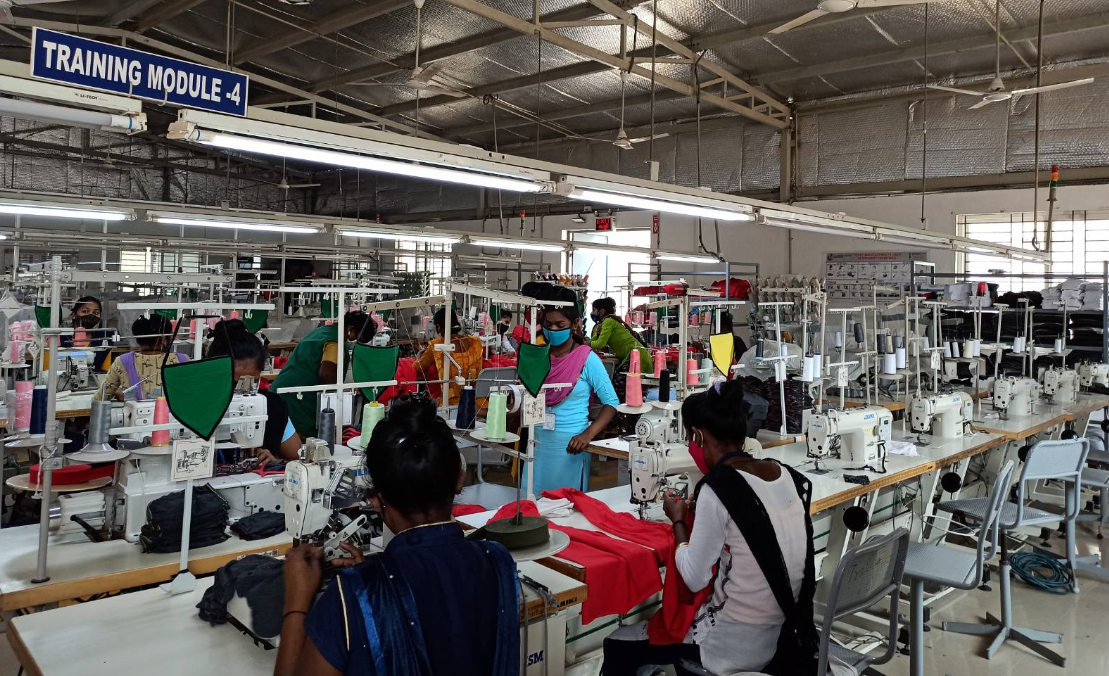
Bangladesh’s garment industry has been a cornerstone of the country’s economy for years, accounting for over 80% of its total export earnings and contributing more than 11% to its GDP, according to AFWA.
However, the wages earned by garment workers have remained stagnant for the past five years, with a minimum wage of BDT 8,000 (US$95) fixed during the last negotiation in 2018. This wage is considered poverty level, and with the cost-of-living skyrocketing and the Covid-19 pandemic exacerbating the situation, the situation has become dire for many workers and their families, the Alliance says.
The Asia Floor Wage Alliance (AFWA) has lent support to trade unions’ demand for an increase in the minimum wage from BDT8,000 to within the range of BDT22,000– BDT24,000 (US$207– US$226).
The AFWA said in its statement it “strongly supports the trade unions’ demand for this minimum wage increase as it is an important step towards ensuring that garment workers and their families have the basic resources to survive and endure crises, including the impending economic recession.”
Despite the garment sector’s impressive growth and profitability over the years, the profits have not trickled down to the workers who have helped to make Bangladesh the second-largest exporter of ready-made garments in the world, AFWA adds. The pandemic has further exposed the reality that workers have been living on the edge of bare survival, with many forced to take on debt just to pay for basic consumption.
A recent survey conducted by AFWA found that the total expenditure of a family is higher than their income, even when there are two earners in the family working in the garment industry. The survey also revealed that the per capita food consumption of many workers was significantly below the poverty line food consumption standard set by the Bangladesh Government.

US Tariffs are shifting - will you react or anticipate?
Don’t let policy changes catch you off guard. Stay proactive with real-time data and expert analysis.
By GlobalDataAn increase in the minimum wage is a crucial step towards improving the health and safety of garment workers, who engage in hard and long physical labour. The AFWA supports garment workers and their unions in their demand for an increase in the minimum wage and an annual negotiation process to update the minimum wage in line with rising inflation rates.
The AFWA supports garment workers and their unions in their demand for:
- An increase in the minimum wages to BDT22,000 – BDT24,000; and
- An annual negotiation process to update the minimum wage in line with rising inflation rates.
As the 10th anniversary of the Bangladesh Accord on Fire and Building Safety approaches, the fight for higher minimum wages has never been more pertinent.



